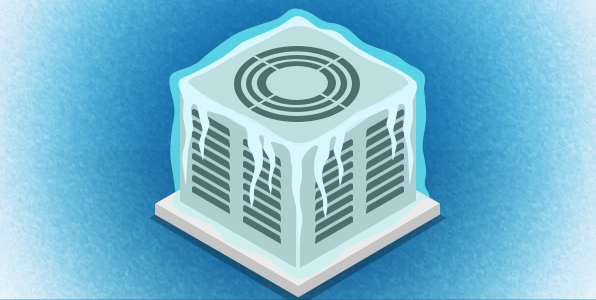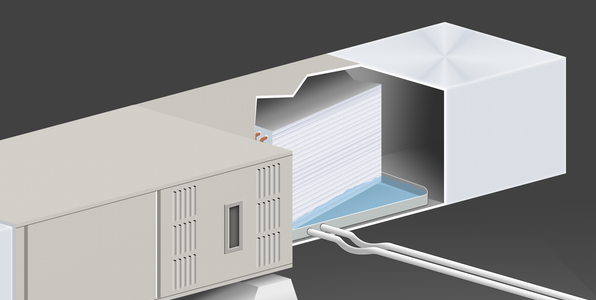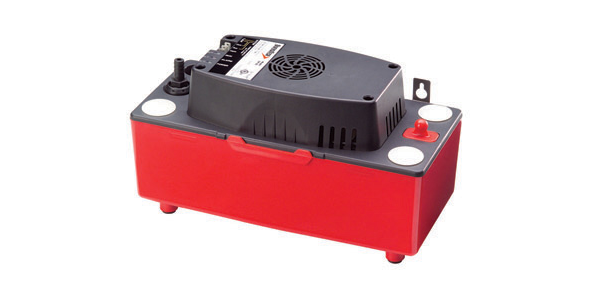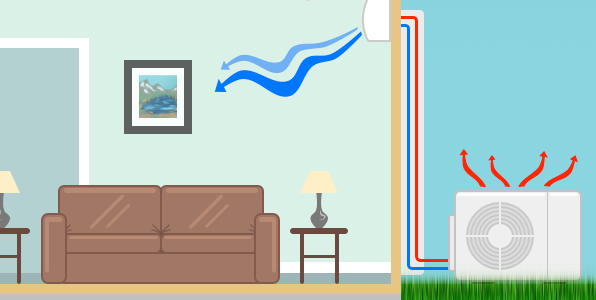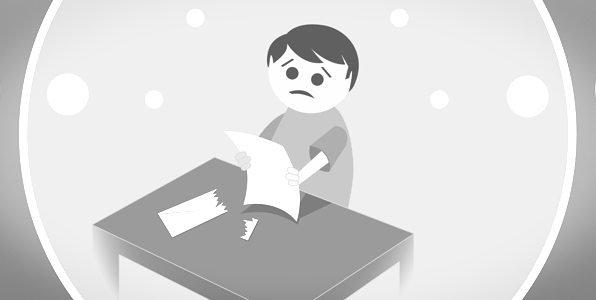What To Do When Your Air Conditioning Keeps Freezing Up!
Where did your cool air go?
Depending on where you live, air conditioning can be a crucial addition to daily life during the warm summer months. Frost or ice forming on the coils of your air conditioner, regardless of the temperature of the surrounding air, can be a symptom of a significant issue and limit the system’s capability to cool your indoor environment.
If you find yourself with a frozen air conditioning unit in the sweltering heat of summer, it’s time to do some detective work and try to narrow down the cause. Sometimes you can easily handle the issue yourself, and other times an HVAC professional is necessary to getting your unit back into proper working order. Here we’ll take a look at the causes of freezing air conditioners and the issues you can solve yourself.
Check the Filter
Check the air conditioner’s filter first. If there is not enough air flowing through the system, the filter may be to blame. If the filter is clogged with debris, it may be limiting the airflow and causing your air conditioner to freeze up. Try replacing the filter with a clean one, and see if that fixes the problem.
Check the Airflow
Check other areas of the unit where airflow may be getting blocked. This includes the registers, the duct connectors, and the ductwork. Leaks or dirt obstructing the airflow may also be to blame for faulty airflow.
Check the Fan
Another area to check is the unit’s fan. If the fan isn’t working properly, the air cannot move out of the unit, causing it to freeze. If the fan isn’t moving and there is no visible debris blocking it, you may need to call in an HVAC professional to further assess the issue and handle the repair.
Overuse
If you are running your air conditioning unit night and day, you may simply be freezing your unit from overuse. Be sure to give your unit a break here and there. This simple process not only extends the life of your unit, but it can also save you some money on your energy bill.
Check the Thermostat
If your unit’s thermostat is broken, it cannot self-regulate properly and may freeze up as a result. If your unit is freezing up, take a moment to check the temperature on the thermostat for accuracy. If it seems to be off, it may be time to call in an HVAC professional to set it straight or replace it.
Check the Refrigerant Levels
An air conditioning unit that is low on coolant can also cause your coils to freeze up. Constantly adding coolant may signal that you have a leak in your unit. If a leak is the problem, this sort of issue is best resolved by a professional.
First and foremost, if you see your air conditioning unit coils freezing up, your first plan of action should be to shut off the unit and let it thaw. Neglecting to do so can damage the unit’s compressor and rack up a pricey bill for repairs. Check the unit’s coolant levels, filters, air ducts, thermostat, and fan to see if you can identify the problem yourself. Once you have assessed that everything visible is in proper working order, turn your unit back on and monitor it closely. If your coils continue to freeze up and you have identified each one of these primary areas of concern, it may be time to call in an HVAC professional to take a closer look.
